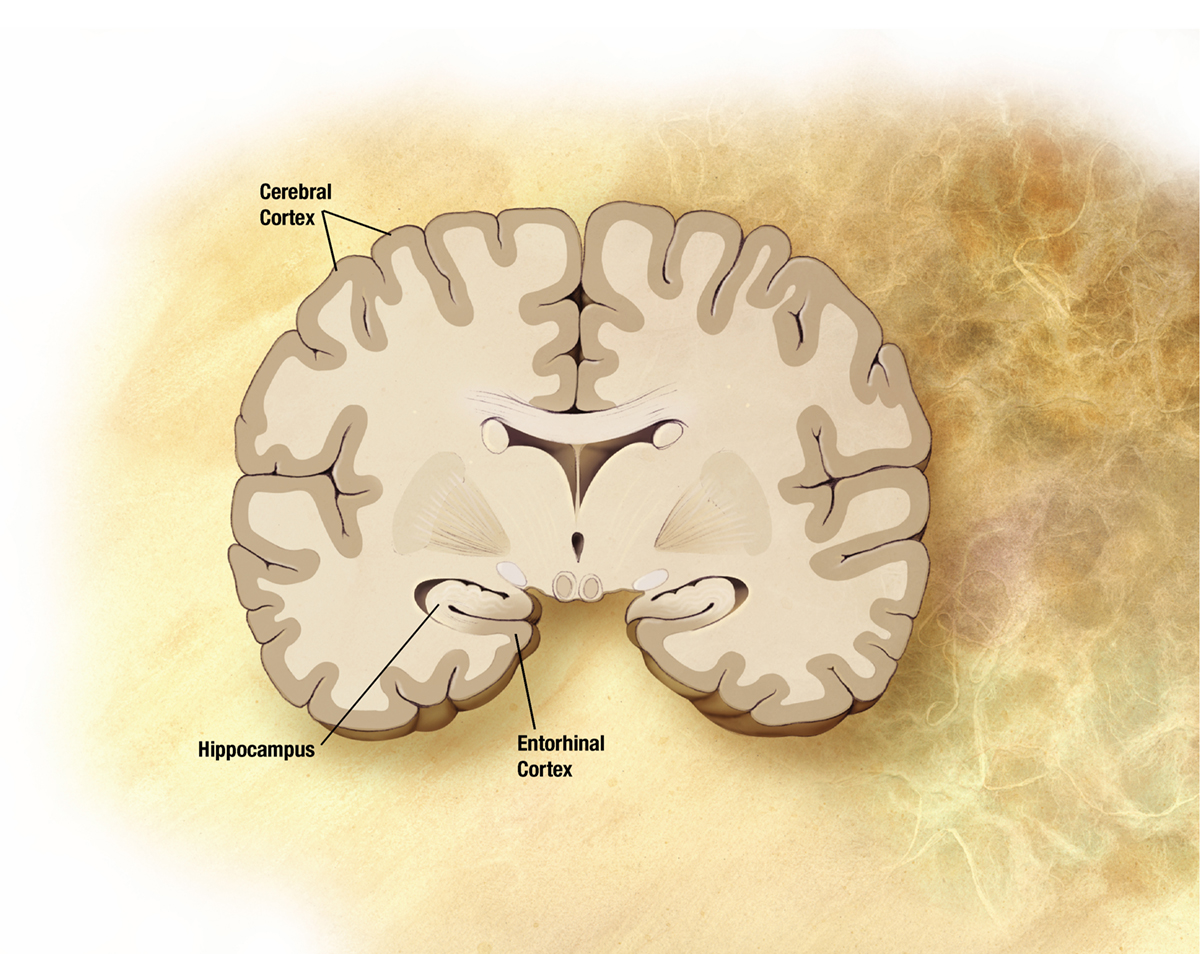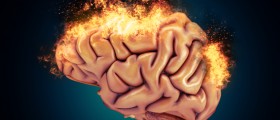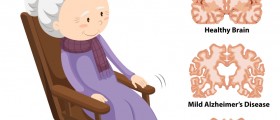
Alzheimer’s disease is the most common type of dementia. This brain disorder causes severe problems with memory, thinking and behavior. Alzheimer’s disease usually develops gradually, over many years, slowly destroying the patient’s cognitive skills. Unfortunately, the disease is irreversible and, in most of the cases, the disease progresses to the stage when it is almost impossible to carry out even the simplest tasks autonomously. The average onset of this disease is somewhere after the age of 60. Alzheimer’s disease is also known under the names senile dementia of the Alzheimer type, primary degenerative dementia of the Alzheimer's type, or simply Alzheimer's. It is predicted to affect one in 85 people worldwide, by 2050.
Causes of Alzheimer’s disease
Scientists are not completely sure what actually causes the Alzheimer’s disease. Most of them believe this brain disorder develops in combination of genetic, environmental and lifestyle factors. Only small numbers of cases, less than 5 percent, are tightly connected with specific genetic changes. This usually happens with the early-onset Alzheimer’s disease, which affects people ages 30 to 60. This genetic disorder is caused by mutations in three different genes.
However, the effect of the disease is certain: it occurs when the brain cells become damaged and eventually die. Persons affected with this disease will have fewer cells in the brain and therefore, fewer normal brain connections between different parts of the brain. Moreover, the brain of these patients tends to shrink and the clumps of protein may form on its surface.
Symptoms of Alzheimer’s disease
Signs and symptoms of Alzheimer’s disease always include changes in the individual’s cognitive capacity. At the early onset of the disease, patient may become very forgetful and may seem to be often confused. In most of the cases people fail to recognize these early signs considering them normal for older population.
As Alzheimer’s disease progresses, the symptoms may become more severe. Patient may become dysfunctional, to some extent, having problems with handling money and paying bills, losing things or misplacing them on weird places, having difficulties to complete even the simplest daily tasks, or even getting lost. In this stage patient may start to repeat questions and suffer from noticeable mood and personality changes.
In the moderate stage of the disease, the parts of the brain controlling the language, reasoning, sensory processing, and conscious thoughts are affected. Patients will lose the ability to learn new things, may have delusions and paranoia, and behave impulsively. This stage is especially hard for their loved ones, since the patients start to express problems with recognizing family and friends.
In the severe phase patients will lose the ability to communicate, they won’t be able to recognize themselves or family members, and many other health problems will take place: weight loss, seizures, skin infections, difficulty swallowing and lack of control of bowel and bladder.

















Your thoughts on this
Loading...